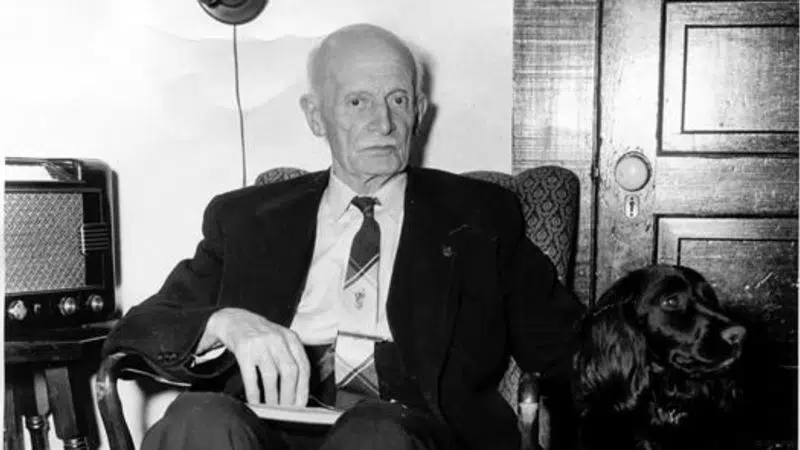
B.C. board launches public effort to rename school named after ‘racist’ federal MP
VICTORIA — A Vancouver Island school district is embarking on what could be a difficult exercise to rename an elementary school named after a long-serving, controversial former municipal, provincial and federal politician.
The Alberni School District in Port Alberni, B.C., is setting the stage for a public consultation to rename A.W. Neill Elementary School, named for Alan Webster Neill, a former mayor, member of the B.C. legislature and a federal MP who represented the area in the House of Commons from 1921 to 1945.
Neill, known as and advocate for a blue-collar workers, an early backer of the Canada Pension Plan and a supporter of unemployment insurance, was also considered racist for his efforts in the House of Commons to deny voting rights to Asian immigrants, his support of anti-Chinese laws in the B.C. legislature and his approval of Indigenous residential schools.
Neill’s own home in Port Alberni included a restriction that it could never be sold to Asian people. He died in 1960 at 91. The home’s covenant was removed earlier this year.


